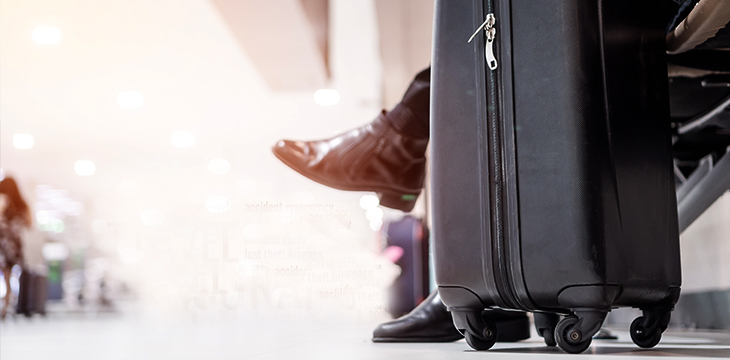
|
Getting your Trinity Audio player ready...
|
Russia has postponed the adoption of the bill on digital assets until the autumn session, TASS reported. The country’s parliament, the State Duma, was expected to adopt the bill before the end of July, but this is unlikely to happen. The Duma has, however, largely agreed on a crowdfunding bill.
According to the State Duma Committee on Financial Markets Chairman Anatoly Aksakov, the crowdfunding bill is currently “practically agreed.” The bill on digital financial assets (DFA) has run into some obstacles in the Duma and will most likely not meet the expected deadline.
He stated, “The law on the DFA is set to decide whether we will prohibit cryptocurrencies as a medium of exchange in Russian legislation, meaning that there will be no exchange points or exchanges that work with cryptocurrencies.”
The DFA bill was expected to go through its second reading early this month after which it would be adopted into law. Russia’s deputy Finance Minister Alexei Moiseev had revealed last month that the Duma was just one step away from providing clarity for the Russian cryptocurrency industry.
Speaking to the Russian news outlet, Aksakov revealed that one of the issues the Duma has encountered has been coming to a consensus on the definition of digital assets: “We have not yet reached consensus on the issue. We need to define what cryptocurrency is at the legislative level. Then there is a fork in the road: we either prohibit organizing infrastructure for the purchase and sale of cryptocurrencies in Russia, or allow it.”
The definition and categorization of digital assets is not a challenge that’s unique to Russia. The U.S. has also struggled to define digital assets, with the three major regulators failing to find a common ground. The U.S. Commodity Futures Trading Commission (CFTC) has in the past stated that digital assets are commodities and it therefore has sole jurisdiction over the industry. The Securities and Exchanges Commission (SEC) has disputed this, defining them as securities which grants it jurisdiction over the industry. The Internal Revenue Service (IRS), on the other hand, believes they are property and that they fall under their jurisdiction.
Nevertheless, Russia is still on the right path to crypto regulations, despite being a few steps behind its peers such as Japan and South Korea which have made huge strides in crypto regulation.
Recommended for you
Lorem ipsum odor amet, consectetuer adipiscing elit. Elit torquent maximus natoque viverra cursus maximus felis. Auctor commodo aliquet himenaeos fermentum
Lorem ipsum odor amet, consectetuer adipiscing elit. Accumsan mi at at semper libero pretium justo. Dictum parturient conubia turpis interdum

 11-13-2024
11-13-2024 


